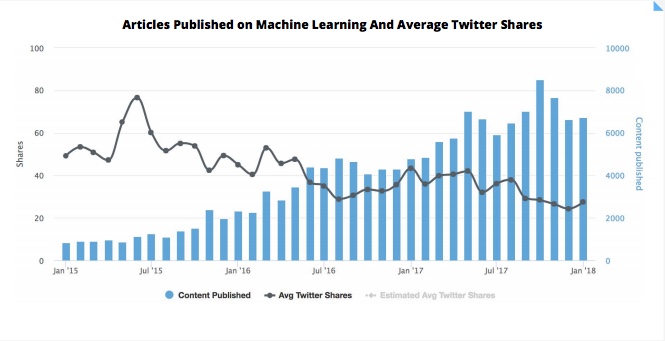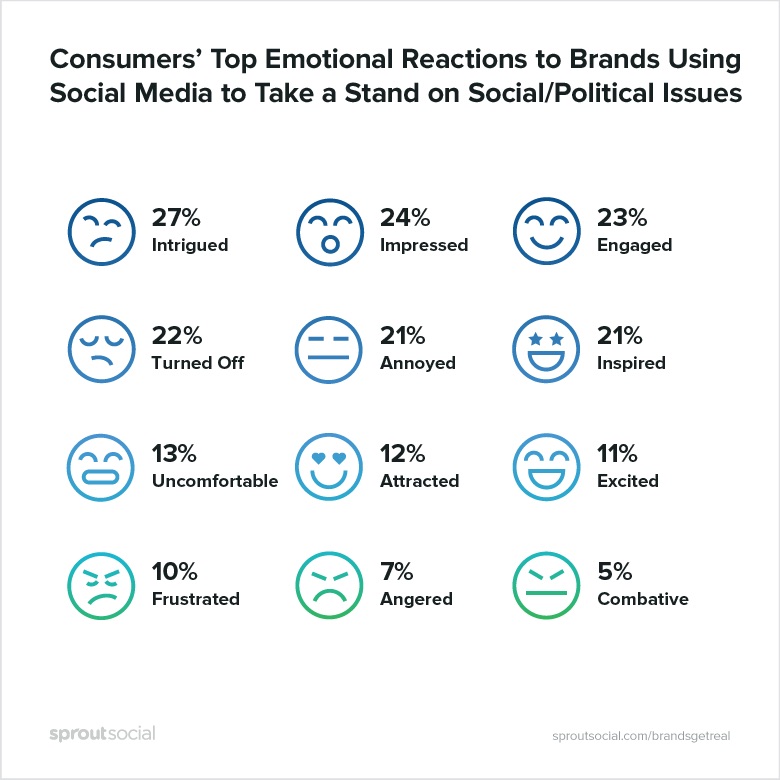Between GDPR updates and falling reach on Facebook, marketers are in a tailspin. Now more than ever, we need to know what types of posts draw attention on Facebook, and we need to build our strategies around them.
For those used to thinking in terms of tactics and tricks, this news may come as a relief: Relax, love and humanity are the keys! Those two big ideas need to be communicated in conversational marketing using words that resonate with your audience.
In this post, we will look at the power of conversation and the words that audiences love to read.
You’ll learn how to maximize the power of conversational marketing:
Social media is more about the Return on Conversation (ROC) and less about the Return on Investment (ROI). Brooke B. Sellas
And, if we’re honest with ourselves, we’ll agree that the key to ongoing successful social strategy has always been a focus on engagement. Facebook’s algorithm changes simply reinforce the need for quality content.
The future of content sharing is quality content and it is essential that you build your authority and reputation as a trusted and informative site. Steve Rayson
Conversational Marketing: The Antidote To Declining Reach
I did my undergraduate honors thesis on successful connection, or conversation, strategies on social media.
My research focused on the Social Penetration Theory, also known as the Onion Theory. Basically, in the 60s, two social psychologists said that humans build relationships based on the disclosures they make to one another.
If I want to get to know you, I will disclose information about myself in an attempt to get you to disclose information about yourself.
As the psychologists dug deeper, they realized that not all disclosures are created equal. We actually have four levels of disclosure:
- Clichés
- Facts
- Opinions
- Feelings
As you can imagine, as we get to know someone, we move from each of the four stages until we get to deeper and deeper levels of understanding someone.
As you can also imagine, most social media interactions from brands sit at levels one and two (clichés and facts).
My thesis looked at social media interactions and attempted to ask this question: Do deeper disclosures, like opinions and feelings, lead to deeper interactions for brands and their communities?
The short answer? Yes.
Clichés Are Getting Clobbered
I’m sure I don’t have to tell you what low-end or cliché conversational marketing looks like.
- For clichés, think memes or quotes overlaid on pretty pictures
- For facts, look at nearly any blog post being shared on social media and you’ll get something like, “Great content takes a lot of careful thinking. Read our post on blah blah blah by clicking below …”
I’m not saying you have to throw the baby out with the bathwater, but these type of posts resoundingly receive low engagement or no engagement on social.
As Buzzsumo’s 2018 Content Trends Report showed, the vast increase in content on social media means that there’s greater competition for engagement.

The report goes on to highlight the content type that hasn’t seen a dip in shares or engagement: quality content. Conversational marketing, because of its depth and the discussions it initiates, fits this category.
Quality social media posts, whether it was during my thesis study in 2009 or today in 2018, often use deeper disclosures like opinions and feelings to obtain a Return On Conversation.
Using feeling-type questions will take you far.
- What’s your belief when it comes to [topic]?
- What do you think about [topic]?
- How does [your product/brand] make you feel?
- Do you value ?

If you want to remain relevant on social media today, you’ll need to think harder about the conversations you’re having.
If you only share cliché quotes and memes, your engagement will be cliché. If you only present the facts, you’ll likely only receive factual information in return.
But if you use conversational marketing to tout opinions and ask for feelings, you may very well receive opinions, feelings, and deeper-level disclosures from your online communities.
LOVE Fuels Conversational Marketing
In looking at quality social media posts that entice some of those deeper disclosures, I’ve noticed a trend with the word LOVE.
Subaru has used it for years. Take a look at their recent Facebook Video and how they use the word LOVE.
DSW is another big brand famous for using the word love in its advertising and social media posts. Look how they combine the word (or heart emoji for the word) love and behind-the-scenes content of their employees giving back (to cats and dogs, no less!).
That’s one post that combines a deeper-level disclosure, animals, a behind-the-scenes photo, AND branding both from the Facebook Page itself and with the t-shirts the employees wore in the pic. Whew!
If marketers would open up their eyes and really look, they’d see cues everywhere trying to entice more conversational marketing with the deepest disclosure (feelings).
For example, on Facebook, every post has an option for “Feeling/Activity” and little expressive emojis that go with it.
We seem to have forgotten that tribes are created and sustained around conversation. And good conversation at that.
Words That Work
Other than love, what ways can you use social to speak out?
Words that usually work with conversational marketing are things like,
- Passionate (“if you’re as passionate about [topic] as we are, tell your friends!)
- Agree (do you agree …?)
- Think (tell us what you think about …)
- Feel (tell us how you feel about …)
- Support (show your support by …)
- Story (what’s your story with )
- Improve (how could we improve [topic]?)
- Hear (we want to HEAR from YOU!)
- YOU (and way less I, me, and we)
And, according to a recent report by Sprout Social, 66% of consumers say it’s important for brands to take public stands on social and political issues. And more than half (58%) are open to this happening on social media.

In other words, people want to “see” the human on the other side of their screen. They want to connect with another person, not some logo or mission statement.
As Mark Schaefer so eloquently states it,
“The most human companies will win.” — Mark Schaefer
Have We Forgotten To Be Human?
Lastly, I wonder if we marketers have forgotten to be human. It seems kinda crazy that marketers have to tell other marketers to act like a human being.
Have we gotten so lost down the rabbit hole of algorithms, clickbait, and gaming the system that we’ve forgotten that our main goal is to connect?
To converse? To be social?
We can get all fancy and call it “conversational marketing” or “social media marketing” but at end of the day it’s just one person connecting with another. And that shouldn’t be rocket science.
Article taken from Buzzsumo


